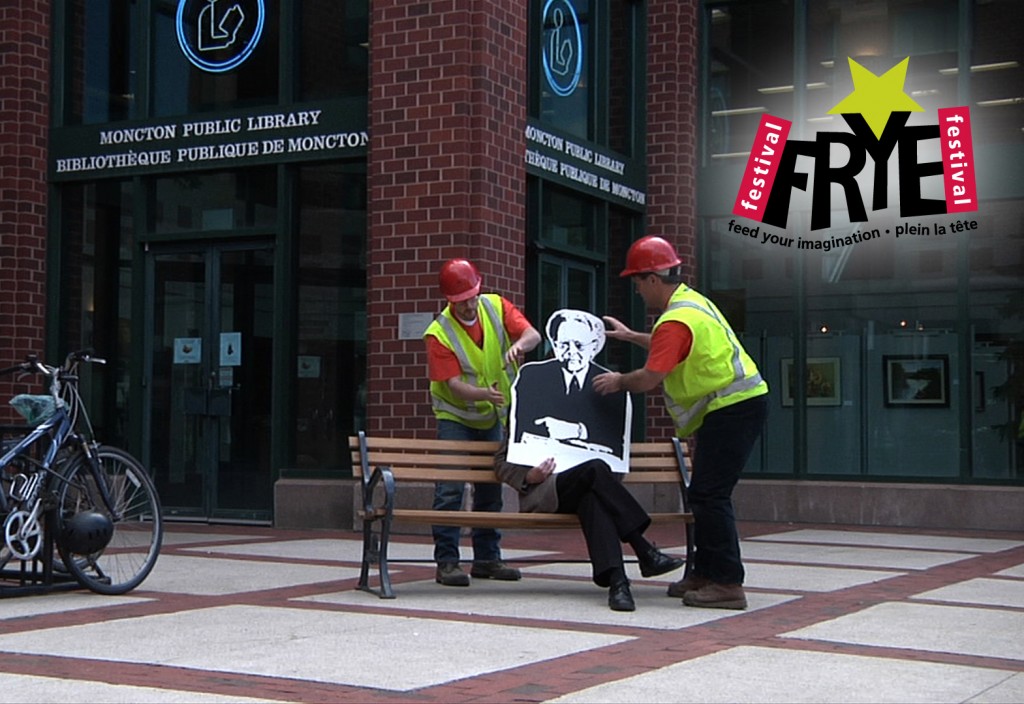httpv://www.youtube.com/watch?v=ok01hJHvobM
Today is the 47th anniversary of Martin Luther King Jr’s historic “I have a dream” speech at the Lincoln Memorial (video here). Self-confessed “rodeo clown” Glenn Beck chose to hijack the occasion to give a speech of his own on the very spot that great speech was delivered (or, as Beck hilariously put it in a smarmy show of false humility, “a few steps down” from the actual spot). That makes this an opportune time to take a closer look at Fox News as the nihilistic propaganda machine it really is.
Louis Menand in a recent online posting at the New Yorker writes about the documentary scene after Fahrenheit 9/11, including this powerful, widely viewed but never distributed indictment of Fox News, Outfoxed.
Here’s Menand:
One common reaction to “Fahrenheit 9/11” is that it shows you things that have never been seen before—the “Pet Goat” and “Now watch this drive” clips, scenes of carnage and brutality in Iraq, Saudi-schmoozing, Ashcroft singing, Al Gore being forced to reject repeated petitions by black representatives to contest the official counting of the electoral-college votes in the 2000 election. It may be that most of these things were shown somewhere, but the movie is designed to make audiences feel that they have never been seen, or that, having been seen, they have been deliberately suppressed. Robert Greenwald’s “Outfoxed: Rupert Murdoch’s War on Journalism,” a movie that has yet to tempt a distributor but has been exhibited in special screenings, and that circulates, samizdat style, on videotape and DVD, is a forceful reminder of how vicious the cheerleading is. “Outfoxed” ought to be a redundant exercise. The right-wing bias of Fox News, whose laughable motto is “Fair and Balanced,” is not something that ought to require a documentary to uncover. But where is the mainstream media? The answer is that the mainstream media is a place where Tucker Carlson is identified as a “political analyst.” Reporting on television is now accompanied by so much partisan yapping disguised as analysis, and there is such a panic to get anything on the air that comes over the transom regardless of the source (like pictures of John Kerry in a silly hat), that the other networks have to feel uncomfortable about accusing anyone else of confusing news with opinion. “Outfoxed” suggests, in fact, that competing news organizations, like CNN, having seen that flag-waving attracts viewers, are starting to imitate Fox.
There may be a few viewers out there who continue to confuse Bill O’Reilly with Eric Sevareid. “Outfoxed” will disabuse them.
The rest of the film after the jump.


